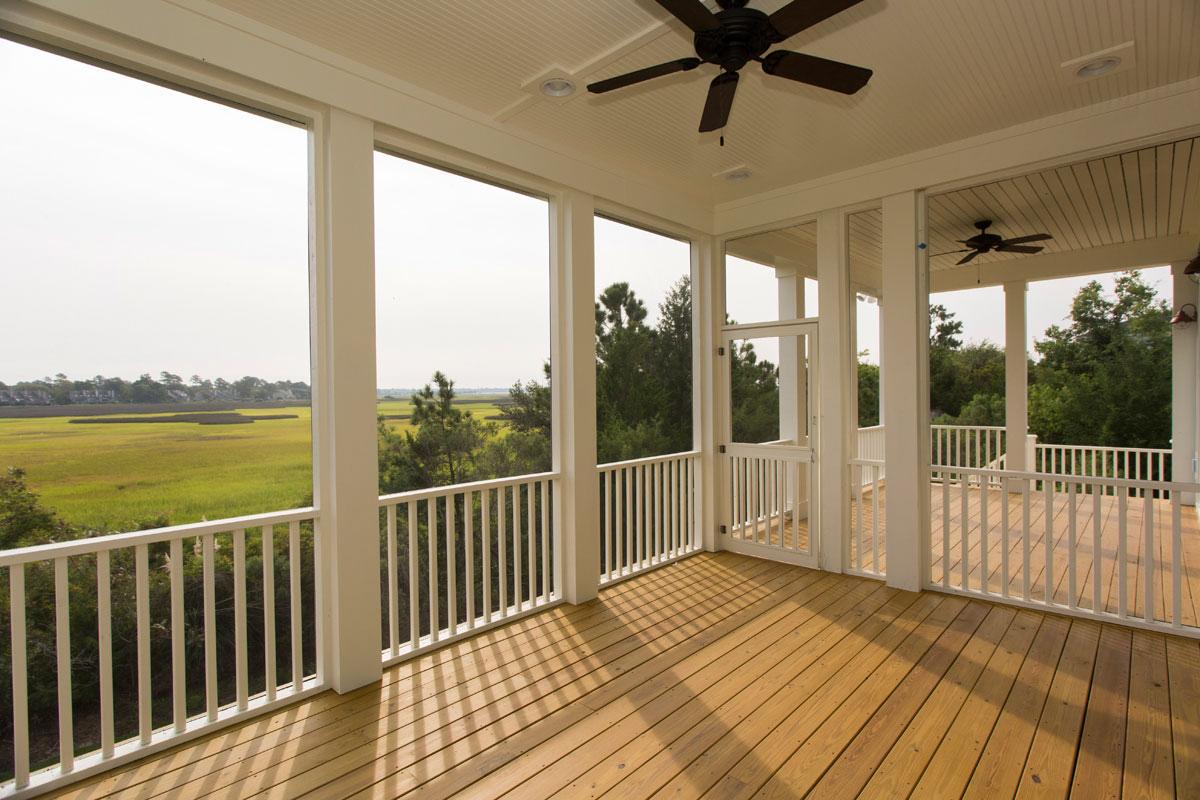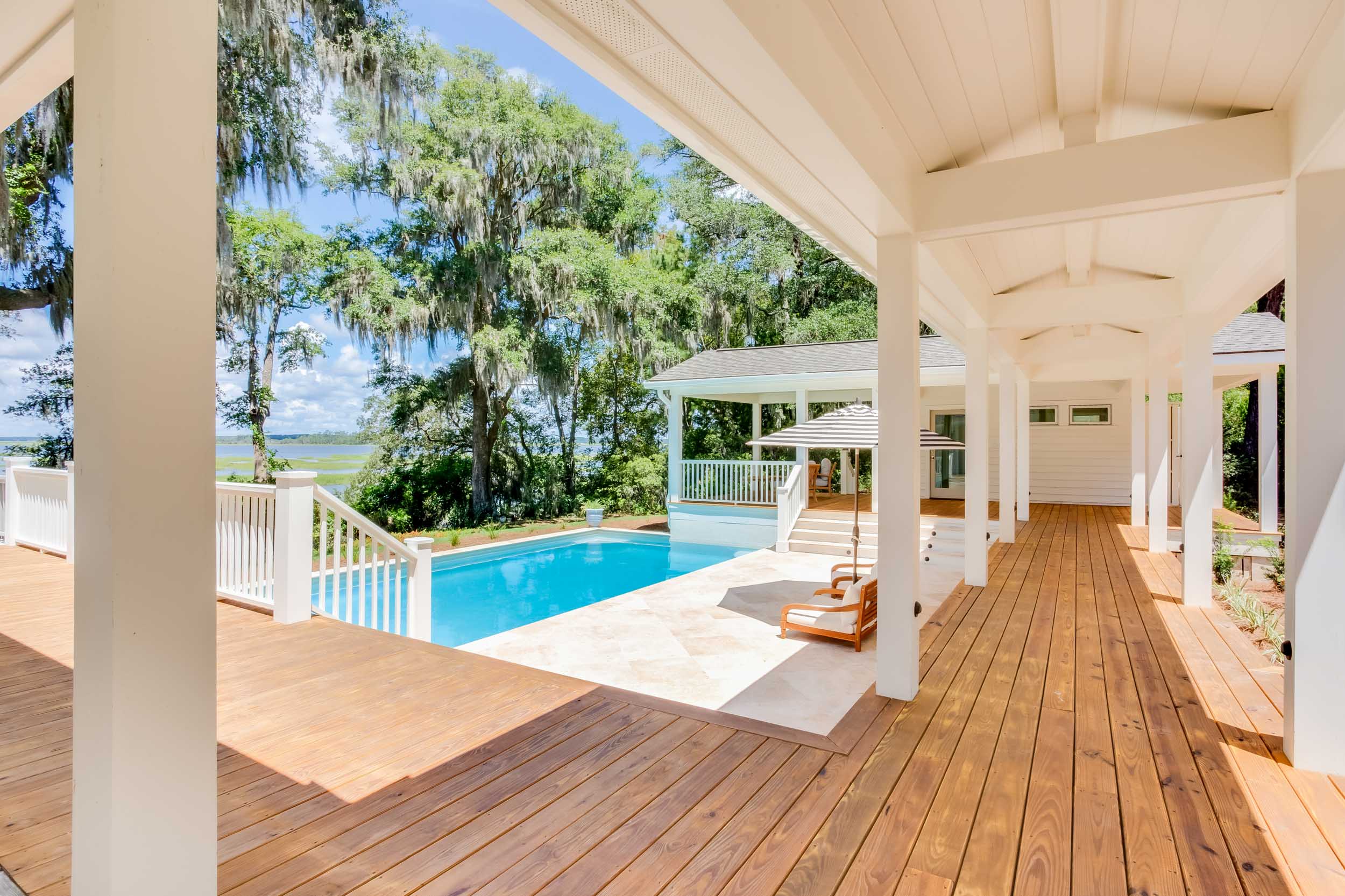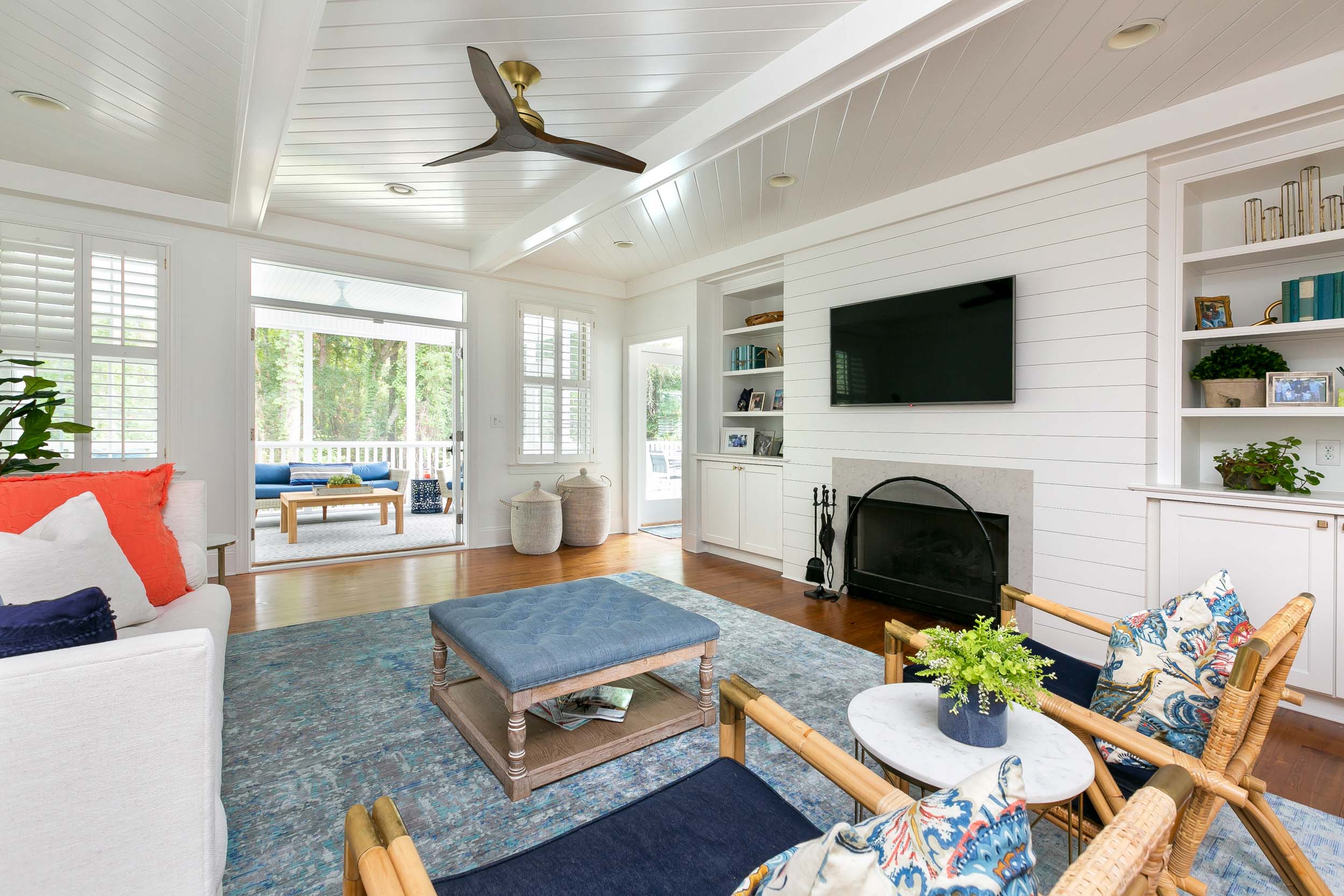Finding the Perfect Property for your Johns Island Home
For homeowners interested in building a custom home, Johns Island has a variety of vacant land options for sale. Once a remote rural area, it has seen significant development over the last ten years. This tucked away area of the Charleston metro is currently made up of protected wetlands, commercial farmland, family neighborhoods of varying shapes and sizes and a budding service-focused small business community. The Charleston County School District continues to focus on the evolving demographics of this area. Residents are seeing new schools scheduled for construction and magnet school options become available. All of these factors are drawing families and retirees deeper onto Johns Island each year.
Vacant Land Types for Custom Home Building
Perhaps the biggest question many Johns Island homeowners looking to build a custom home must consider is whether they want to purchase raw land or developed land. Learn more below to make an informed decision and check properties on the city zoning map (linked here) or on the county property lookup map (linked here) as you search for your dream property.
Custom Home Sites: Developed Land
Developed land has been cleared and prepped for construction. This type of lot is often found in a developed community with a master plan, amenities and covenants. In addition to planned communities, buyers may find land that has been partially developed. Lots may need to be cleared, surveyed and/or permitted in order to build a custom home. However, they could include the infrastructure of connecting to public utilities and come with far fewer requirements than building on raw land.
Developed Land Considerations
- HOA covenants, restrictions, and ARB guidelines
- Zoning regulations and approved usage
- Blending in with the design of the existing neighborhood
- Neighboring lots – any access restrictions?
- Easement research – any existing restrictions?
- Utilities – existing gas lines? Sewer or septic? Water tie-ins in place?
- “Build Ready” – is the lot fully cleared and is the build pad certified?
Pros of Developed Land
- Less preparation costs
- Zoning, surveying and permitting has already been done
- Inherent added value in a community with amenities, etc
- Neighbors and socialization
Cons of Developed Land
- Typically less acreage
- Restrictive covenants meaning less freedom in home designs
- Architectural review costs
- Potential for less privacy
Custom Home Sites: Raw Land
Raw land or undeveloped land is in great abundance on Johns Island ranging from very large acreage, to deep water frontage and modest lots tucked into the woods. Raw land will require clearing, surveying and permitting. The buyer will have to incur the costs of running public utilities or installing septic and alternate energy sources. However, depending on your use of the land, raw land can require less maintenance if portions are left in a more natural state.
Raw Land Considerations
- Electric, water/sewer, gas – verify responsibility for utility tie-ins, tap fees, septic or wel
- Where is the high ground, and does any drainage exist?
- Will you need to build a dock and where is the OCRM critical line?
- Is the lot large/wide enough for the total property footprint?
- Does the soil and geotechnical report agree with your foundation design?
- Is your landscape designer required to be licensed?
Pros of Raw Land
- Added privacy
- More acreage for your dollar
- Less competition from other buyers
- More freedom in the design of your custom home
Cons of Raw Land
- No community amenities
- Incurring the costs of readying the property to build
- Potential for easements
- Unknown zoning/permitting issues
Know Your Flood Zone
Whether you’re considering raw or developed land to build your custom home, you need to know and understand your flood zone. First, you will need to determine if your lot is incorporated or unincorporated which will dictate if the land is governed by the City or County. Depending on this designation, it is recommended that you contact the appropriate floodplain manager to get the most up to date information. Your flood zone may have extra certificate or permit requirements and will influence the foundation design for your custom home.
Flood zones come with various insurance considerations as well, which can be found on the city’s website here. You can learn more about the process and requirements for building in your flood zone here. Additional information in the form of a handy GIS tool to look up your flood zone is located here. We recommend that you contact the floodplain manager for either the city or the county to get the most up to date information about your property.
Your Custom Home Builder in the Charleston Area
Taking on a custom home building project is complex and there are many factors to consider. That’s why it’s important you work with a professional who can help make your project a success. At Stono Construction, we’re passionate custom home builders. Bringing years of experience and expertise to your project helps ensure a successful transition from the idea in your head to the reality on your lot. Our team works hand in hand with you, helping navigate every detail and issue so your custom home project is the home you want, not the one you settle on.



